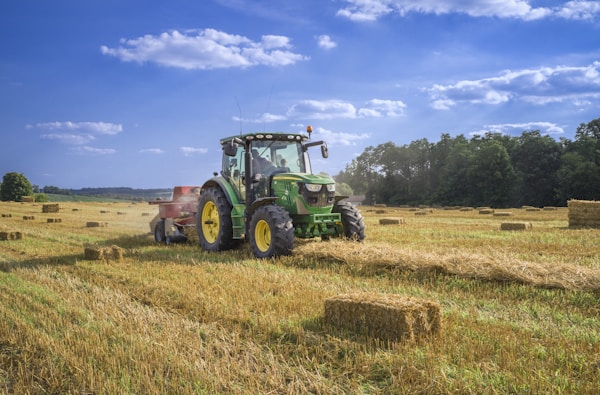Biodiesel is a fuel that is made from vegetable oils or animal fats, and it can be used in place of diesel fuel. Biodiesel is a renewable resource, and it is biodegradable. Biodiesel is a cleaner-burning fuel than gasoline, and it is also non-toxic. It can be used in any diesel engine and has a number of benefits over traditional diesel fuel. Keep reading to learn more about the benefits of biodiesel.
Biodiesel provides reduced dependence on foreign oil.

Biodiesel is a domestically produced fuel made from vegetable oils, animal fats, or recycled grease. It can be used in any diesel engine without modification. Biodiesel reduces our reliance on oil from other countries because it is produced in the United States. Biodiesel is produced in the United States and used in conventional diesel engines, directly substituting for or extending supplies of traditional petroleum diesel. Soybean biodiesel has a positive energy balance, meaning that soybean biodiesel yields 4.56 units of energy for every unit of fossil energy consumed over its life cycle.
Biodiesel offers better engine performance.

Diesel engines rely on the fuel to lubricate their parts to varying degrees. Low lubricity petroleum diesel fuel can cause premature failure of injection system components and decreased performance. Biodiesel provides excellent lubricity to the fuel injection system. Recently, with the introduction of low sulfur and ultra-low sulfur diesel fuel, many of the compounds which previously provided lubricating properties to petrodiesel fuel have been removed. By blending biodiesel in amounts of as little as five percent, the lubricity of ultra-low sulfur diesel can be dramatically improved, and the life of an engine’s fuel injection system extended.
Biodiesel has positive impacts on the environment.
Biodiesel can be used in place of diesel fuel in almost any newer diesel engine. Biodiesel is a cleaner-burning fuel than diesel, and it produces fewer emissions. Biodiesel is a renewable fuel, which means that it is made from resources that can be replenished. The vegetable oil or animal fat used to make biodiesel can come from many different sources, including used cooking oil, soybean oil, and animal fat. Biodiesel can help improve air quality in several ways. First, it produces fewer emissions than diesel fuel. Biodiesel emits fewer pollutants, including carbon monoxide, hydrocarbons, and particulate matter.
Second, biodiesel can help reduce the number of greenhouse gases in the atmosphere. Greenhouse gases are responsible for trapping heat in the Earth’s atmosphere, which can lead to global warming. Biodiesel produces fewer greenhouse gases than diesel fuel, which means that it can help reduce the effects of global warming. Third, biodiesel can help reduce the amount of acid rain. Acid rain is caused when emissions from cars, power plants, and other sources react with water vapor in the atmosphere to form sulfuric and nitric acids. These acids can damage trees, buildings, and other structures. Biodiesel produces fewer emissions than diesel fuel, which means that it can help reduce the amount of acid rain.
Biodiesel production helps support the agricultural sector.

As discussed, biodiesel is a renewable fuel made from vegetable oil or animal fat that can be used in diesel engines. It is typically produced by converting the oils to fatty acid methyl esters and then combining them with alcohol to form biodiesel and water. Biodiesel production helps support the agricultural sector by providing a market for crops such as soybeans, rapeseed, sunflower seeds, and palm oil. It also creates jobs in the renewable energy industry by providing incentives for the development of new technologies and facilities.
Overall, the benefits of biodiesel are vast. They include reducing greenhouse gas emissions, reducing dependence on foreign oil, and creating new economic opportunities. As more biodiesel producers pop up, the United States and diesel truck drivers can reap the benefits.






